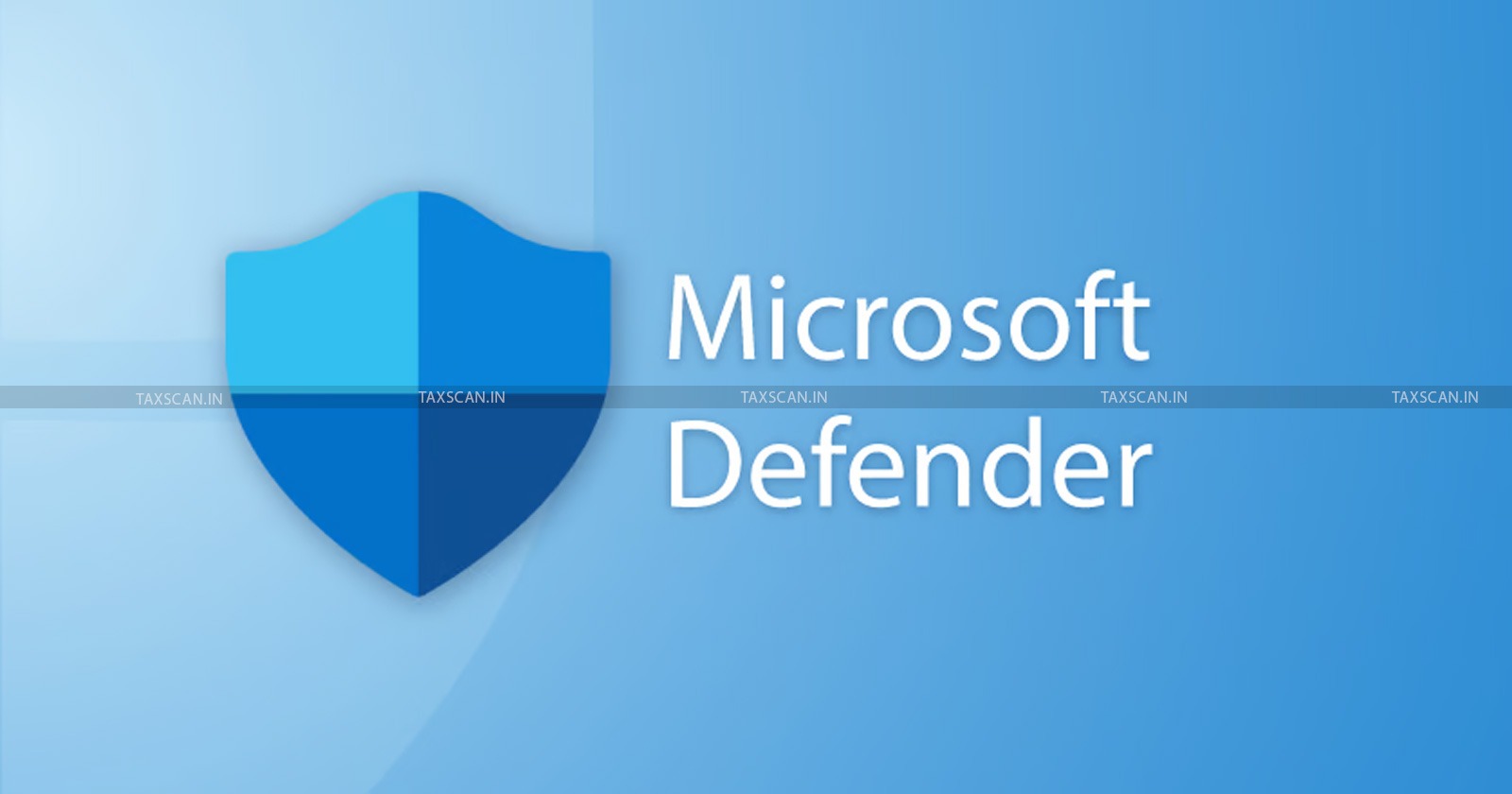Supply of Microsoft Defender Antivirus with Windows OS not Abuse of Dominant Position: CCI
The Informant before the CCI contended that any Antivirus program requires default attributes assigned to function at its optimum, which were deterred by Microsoft Defender Antivirus

The Competition Commission of India (CCI) has ruled that the inclusion of Microsoft Defender Antivirus as the default antivirus software in all iterations of the Windows Operating System (OS) since 2015 does not constitute an abuse of dominant position under the provisions Section 4 of the Competition Act, 2002.
The case was instituted before the CCI on the basis of information received from the Informant XYZ, whose identity has been kept anonymous upon express request for confidentiality sought for by the Informant.
XYZ alleged that since the launch of Windows 10 in 2015, Microsoft had pre-installed and pre-activated Defender on all Windows OS devices, creating significant barriers for third-party antivirus software developers, strong-arming them into joining the Microsoft Virus Initiative (MVI) program to remain competitive.
Become PF & ESIC Pro: Basic to Advance Course - Enroll Today
The informant contended that third-party antivirus developers faced three major challenges:
First, third-party developers had to sign a one-sided agreement to access Microsoft’s Antimalware Application Programming Interface (API), essential for compatibility with Windows OS.
Second, entry into the Windows ecosystem was restricted to the Microsoft Store, sideloading, or Original Equipment Manufacturer (OEM) agreements, with MVI being a significant hurdle since OEM agreements only permitted the third-party antivirus software to be pre-installed but not pre-activated.
Thirdly, third-party antivirus software could not function optimally without being set as the default app, as critical features such as real-time protection and automatic updates were restricted to the default antivirus app—Microsoft Defender.
Become PF & ESIC Pro: Basic to Advance Course - Enroll Today
Microsoft submitted before the Competition Commission that the Microsoft Defender Antivirus Software is not a standalone product but an integrated security feature within Windows OS, provided at no additional cost to ensure baseline security for users. The company contended that users were free to install third-party antivirus software, and when a third-party solution registered as the default antivirus, Microsoft Defender automatically disabled itself.
Microsoft also maintained that the MVI program is voluntary, and non-members could distribute their software via the Microsoft Store or direct downloads. Additionally, Microsoft emphasized that it did not extract proprietary competitor data from MVI members and only accessed publicly available information.
A four-member bench composed by Chairperson Ravneet Kaur and Members Anil Agrawal, Sweta Kakkad and Deepak Anurag scrutinized the matter on the basis of unfair conditions, impediments to technical development, abuse of dominant position and restriction of market access.
Regarding the claim of unfair conditions, the CCI found no evidence that users were compelled to use Defender, as they could freely install third-party antivirus software through the internet or the Microsoft Store. The Bench noted that in the absence of an element of compulsion or imposition, prima facie there appears to be no violation of Section 4(2)(a)(i) of the Act.
Become PF & ESIC Pro: Basic to Advance Course - Enroll Today
Similarly, the allegations of hindered technical development were dismissed due to lack of evidence. The Commission observed that the cybersecurity sector remained dynamic and competitive, with continuous innovation among antivirus software providers. The order noted:
"The technological progress in the cybersecurity and OS sectors remains dynamic and is not hindered by alleged Microsoft practices. Thus, allegations against Microsoft in respect of any actual or potential impediment to technical and scientific development appear to be largely speculative and lack relevant proof of harm."
Read More: Madras HC sets aside Cryptic Tax Assessment Order, Directs Reassessment with Fair Hearing
Dismissing the claims that Microsoft used its dominant position to monopolize the antivirus market, the CCI emphasized that no prima facie case warranting provisions of Section 4 of the Competition Act, 2002 had been established by the Informant.
To Read the full text of the Order CLICK HERE
Support our journalism by subscribing to Taxscan premium. Follow us on Telegram for quick updates


